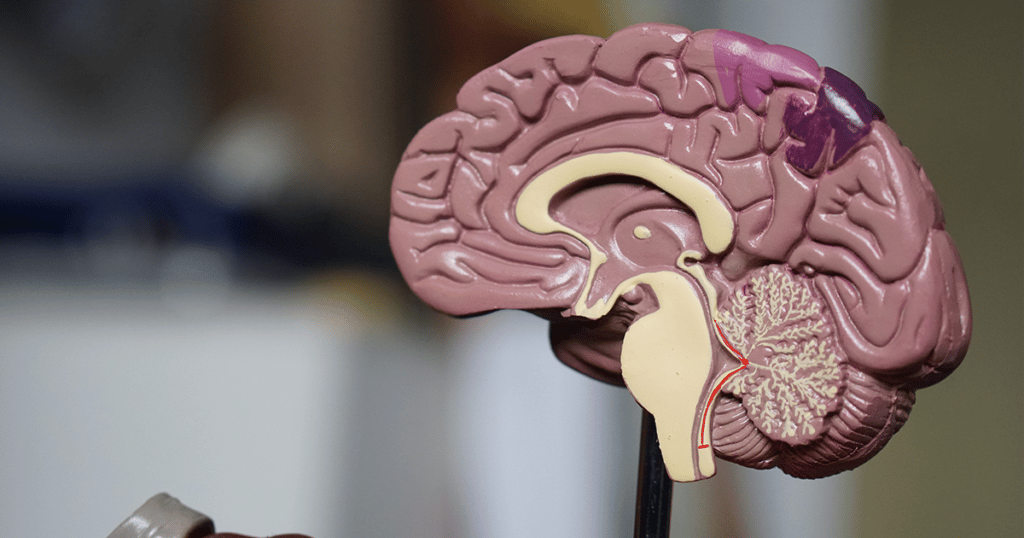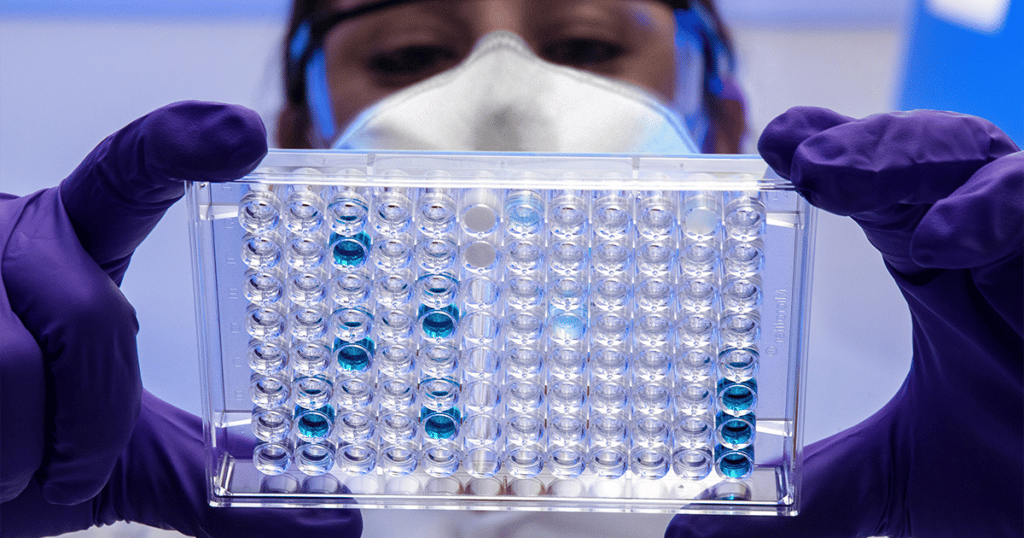The Beckley Foundation is a UK-based non-profit organization that aims to promote scientific research into psychedelics. They recently announced their partnership with Imperial College London and Maastricht University in order to study the effects of microdosing LSD on Alzheimer’s patients. The goal of this research is to determine if LSD can be safely administered as a treatment for symptoms of Alzheimer’s disease, including memory loss and cognitive decline. This is an exciting development for those living with this chronic illness who want access to new treatments —especially since there is currently no cure for Alzheimer’s disease!
More About The Beckley Foundation
The Beckley Foundation, founded in 1998 and based in Oxford, aims to continue the legacy of psychedelic research of the 1960s when it was banned just as scientists were beginning to discover its powerful effects on the brain and the positive implications it could have on mental health. In modern times, it has been difficult for scientists to study psychedelics due to their classification as Schedule I drugs by the US Controlled Substances Act of 1970 and the associated stigma around their use. However, new studies are seeking to shed light on how these compounds can help heal mental illness.
The Foundation’s focus is on understanding how psychedelics work in our brains through scientific investigation; helping people understand this information so they can make informed choices about their own health; helping policymakers create more rational drug policies based on evidence, advocating for better access to these treatments around the world where they’re needed most, and restoring credibility with young people so they’ll see science as something cool again (instead of just “boring stuff that old people do”).
Beckley’s founder, Amanda Fielding, has been referred to as “The Queen of Psychedelics” and has co-authored studies with Alfred Hoffman – who first synthesized LSD – as well as Terence McKenna. According to Benzinga, “Through her leadership at Beckley’s science program, Feilding has collaborated with leading scientists and institutions around the world for over 20 years to design and direct a wide range of scientific research projects assessing the effects of psychoactive substances -cannabis, LSD, psilocybin, ayahuasca, DMT and MDMA – on brain function, subjective experience and clinical symptoms.”

The Need For This Kind Of Research
There has been a changing tide in public sentiment about psychedelics in recent years. In fact, nearly half of the US population now believes that psychedelics should be legal for treating mental health conditions. As avenues for research continue to open up for psychedelics and we begin to understand just how powerful their effect can be on the brain, scientists exploring how it could be used for dementia patients are fueling much-needed research into treatments for this debilitating condition.
There is an urgent need to find new treatments for Alzheimer’s disease. The condition is devastating and affects over 5 million people in the US alone. It’s the most common cause of dementia, which can result in memory loss and confusion, among other symptoms.
While some drugs exist that can temporarily slow down dementia progression, there is no cure for Alzheimer’s disease yet—and even if one was found tomorrow, we would still be decades away from having enough effective treatment options to help everyone who needs them.
Previous Successes
Research into drugs like psilocybin has stalled in the UK, although the Beckley Foundation is responsible for a 2016 breakthrough study into its use for treatment-resistant depression. Meanwhile, the Foundation has already successfully completed a study on microdosing LSD in conjunction with Imperial College London and Maastricht University.
In 2016, the Beckley Foundation conducted a study looking at microdosing LSD and creativity. The study found that there was an improvement in creativity after participants were given 10 micrograms of LSD for five days, followed by a placebo. This was a small sample size, but it does show promise for future research on microdosing as a treatment for Alzheimer’s disease.
The Way Forward
The Beckley Foundation is working closely with authorities to ensure that this type of research can be conducted within a legal framework.
One of the reasons why drugs like LSD could have an impact on patients with Alzheimer’s has to do with how it affects neuroplasticity and neurogenesis in the brain. As patients begin to lose their ability to respond to their environment, it is thought that psychedelics can actually stimulate and improve cognitive function and help to protect parts of the brain responsible for memory.
While the results are promising, much more research is needed before any conclusions can be made about the effectiveness of LSD in treating Alzheimer’s disease, so the fact that the Beckley Foundation is taking this step forward could be a real breakthrough.

What The Studies Will Entail
The Beckley Foundation’s program will have a two-pronged approach; the first study will assess the brain changes that occur during mystical experiences induced by LSD, and the second will examine the therapeutic potential of microdosing LSD for the treatment of Alzheimer’s patients in aging and palliative care. You can learn more about the details of the project here.
While LSD is still a Schedule I drug in the US, its potential therapeutic benefits are now undeniable. As more and more researchers take on the herculean task of investigating psychedelic compounds and their effects on the brain, we know that research and facts are the only way to convince policymakers to enact real change. While there is much more research needed before we know exactly how it might help people with Alzheimer’s disease or other forms of dementia, we’re excited about the great leaps taken by the Beckley Foundation’s studies.
Enjoyed that first hit? Come chill with us every week at the Friday Sesh for a freshly packed bowl of the week’s best cannabis news!

















